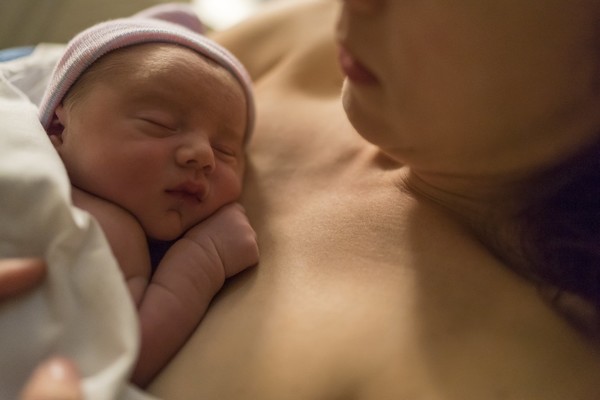More than 68 percent of mothers experience postpartum depression, but a mere 6.8 percent are diagnosed with depression. Only 10 percent of mothers seek help from a doctor or counselor to relieve postpartum depression.
The Ministry of Health and Welfare announced the “2024 Postpartum Care Survey” results on Wednesday.

The survey polls pregnant women and new mothers to establish statistical data necessary to shape policies in postpartum care under the Maternal and Child Health Act. It was conducted from Sept. 30th to Oct. 12 last year on 3,221 mothers who gave birth in 2023, considering their region and age.
According to the opinion poll, the percentage of people who consider themselves to be in good health was highest during pregnancy, at 49.4 percent, and lowest during postpartum care, at 30.8 percent.
Regarding uncomfortable symptoms during postpartum care, 67.5 percent of mothers reported a lack of sleep, followed by wound pain (41.0 percent), nipple pain (35.4 percent), and depression (20.0 percent).
Notably, 68.5 percent of mothers experienced postpartum depression after delivery, with an average of 187.5 days after delivery. However, only 6.8 percent of mothers were diagnosed with postpartum depression, indicating that there is a need to strengthen mental healthcare support for mothers after giving birth.
Spouses were the most likely to help with postpartum depression (57.8 percent), followed by friends (34.2 percent) and family members other than spouses (23.5 percent). On the other hand, 10.2 percent of mothers said they received help from a healthcare provider or counselor, and 23.8 percent said they did not receive any help.
Regarding expenditures during the postpartum period, women spent an average of 2,865,000 won ($19,773) in a postpartum center and 1,255,000 won at home during the average postpartum period of 30.7 days.

